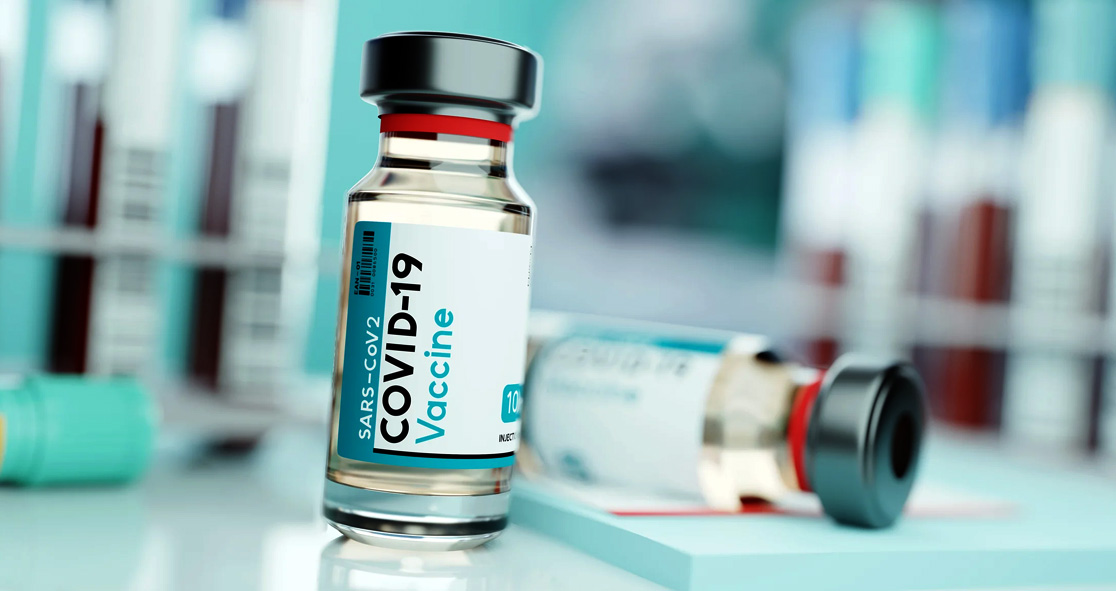In October 2020, India and South Africa noticed that a lot of pre-purchasing agreements for COVID-19 vaccines were being negotiated by rich countries, which means those countries would get the vaccine first.
The two nations even urged the World Trade Organization (WTO) to temporarily suspend patents for all COVID-related medicines and technologies, according to Salon, an independent news outlet.
Nearly 74% of all COVID-19 vaccines have gone to upper- and middle-income countries, while less than 1% have gone to low-income countries, according to the New York Times COVID data tracker.
More boosters have been administered in rich countries than single shots administered in poor nations. In addition, lower- and middle-income countries have suffered the highest estimated excess death rate from the deadly coronavirus.
However, the pharmaceutical companies instantly attacked India and South Africa’s proposal. They argued that even if they surrendered their patents, there were not enough manufacturers in the developing world to make the vaccines. They also argued that even if there were enough manufacturers to develop vaccines for the whole world, it would take ages for the technical transfers necessary to get them up and running.
However, that likely is not true because last week Médecins Sans Frontières (Doctors Without Borders) identified 120 manufacturers in Asia, Africa, and Latin America with the technical requirements and quality standards needed to develop mRNA vaccines.
According to Salon, the vaccines used in high-income countries were developed largely with public funding. For instance, the AstraZeneca vaccine, invented at Oxford University, had 99% of public funding, while Moderna had 100% funding for the vaccine from Operation Warp Speed and Pfizer had almost half a billion dollars funding from the German government.
Some pharma companies have also invested a lot of money in vaccine development. If they had not invested, they would not have been able to bring the vaccines to the market so quickly.
Salon writer Charlotte Kilpatrick wrote. “Western society has long enshrined the right to private property; as the old saying goes, possession is 9/10ths of the law. The pharmaceutical companies clearly have the right to sell their property – in this case, vaccines – to whomever it wants and at whatever price it sees fit.”
Yet, Western societies are also governed by principles of The Enlightenment, among them a right to “life, liberty and the pursuit of happiness,” wrote Kilpatrick, a Franco-American journalist in London covering intellectual property and access to medicine. The article was originally published in Salon.























